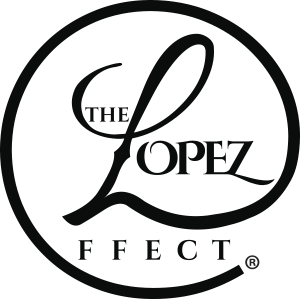
20 Feb Research the Research: Strategies to Teach What is Real from the Fake

Photo credit: www.NaturalNews.com[/caption]
If you want to know the answer to something, just “Google it”. This catch phrase has become the driving force to getting information in our society, as well as the process by which many children are engaging in research within their classrooms. Gone are the days of the library trips when a librarian would guide you through the intricacies of the Dewey Decimal System to find books and periodicals related to any particular subject area. I can recall countless hours examining articles that had been archived on microfiche to ensure that I used various sources of information to support my research papers throughout my school years.
But nowadays, with a few clicks on the computer, the wonderful world of the Internet has made it convenient to access millions of websites that turn days of the research process into a couple of hours of inquiry. Spending less time on finding the information is never a bad thing, but the greatest dilemma is determining whether or not the content that is being cited is a credible source. During this recent United States Presidential election, many journalists blamed the distribution of “fake news” on various social media sites as one of the factors that led to the election of President Donald Trump. Mirroring many reputable media outlets, the websites of many these “fake news “ accounts published article that steered the believes of many interest groups, perpetuated fears, and marginalized many communities.
In a professional development activity with my staff a few months ago, I had them examine “The Boston Tribune” website. We discussed how many children would think that each article was indeed truthful if they did not know how to engage in fact checking. For many of the teachers their immediate concern was being able to keep up with each site when there are so many created on a daily basis. As part of our professional development, I shared these helpful tips during our session.
- Check the website. GoDaddy.com/whois is a database that allows you to enter the name of any website and will provide you extensive details of who owns the account. This service is absolutely free and it teaches kids to fact check who is behind the content they will be analyzing for their research.
- Let’s Go Way Back. Archive.net is a website that literally takes you back in time because it archives everything on all internet accounts even if they are not currently live or a change of ownership has occurred with the domain name. Simply enter the name of the account you want to verify, a timeline will then pop up that shows the activity on the account over a period of time. If the activity is steady and consistent its an indication that the site is updated on a continuous basis and is more than likely have a valid source, but if there seems to be hotspots that coincide with notable events, then it cold be a seasonable account that was created to be a publish false information. You can always click on one of the calendar dates, which will direct you to the website in real-time on the specific date and time in history you have selected—hence why this is called the “Way Back Machine.”
- Fact Check– snopes.com is a great resource if you want your scholars to verify whether an article published online is based on truth., by entering the link into the search engine. This service is for free and will provide you with a the check of approval if the source is credible.
- The Power of Three. If more than three sites give similar information with minimal disparities, more than likely there is a chance of this information being accurate and can be sited as a source used for gathering evidence.
Overall, the Internet can be a powerful tool, however, we must make the time and plan to teach our children how to fact check the information they will come across on the web. Too much information doesn’t mean it accurate and credible. We want them to enjoy learning and seek truth, because the knowledge they build today can last them a lifetime.

